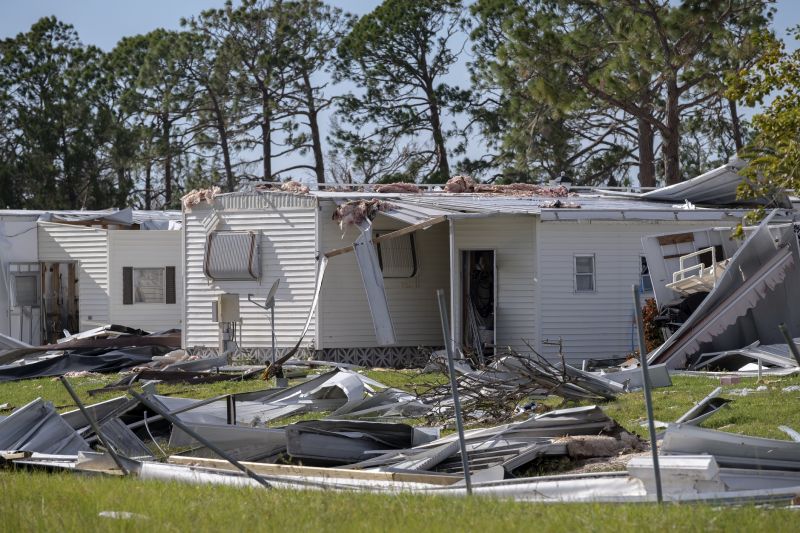Favorite Storm Damage Restoration Products For Homeowners and Contractors
Browse trusted tools and materials that support effective storm damage repairs for both DIY enthusiasts and professionals.
 Storm damage restoration requires a comprehensive set of products designed to repair, reinforce, and protect properties affected by severe weather events. From initial assessment tools to durable repair materials, the right equipment can help facilitate an efficient recovery process. Essential items include heavy-duty tarps for temporary cover, moisture meters to detect hidden water intrusion, and powerful cleaning equipment to remove debris and mold. Additionally, specialized repair supplies such as roofing materials, siding, and insulation are critical for restoring the structural integrity of affected buildings. Safety gear like gloves, goggles, and respirators also play a vital role in protecting workers during restoration efforts.
Storm damage restoration requires a comprehensive set of products designed to repair, reinforce, and protect properties affected by severe weather events. From initial assessment tools to durable repair materials, the right equipment can help facilitate an efficient recovery process. Essential items include heavy-duty tarps for temporary cover, moisture meters to detect hidden water intrusion, and powerful cleaning equipment to remove debris and mold. Additionally, specialized repair supplies such as roofing materials, siding, and insulation are critical for restoring the structural integrity of affected buildings. Safety gear like gloves, goggles, and respirators also play a vital role in protecting workers during restoration efforts.
Top Overall Option
Heavy-Duty Storm Damage Repair Kit
A comprehensive repair kit that includes a selection of durable tools and materials suitable for various storm-related damages. It features reinforced tarps, multipurpose repair tapes, heavy-duty fasteners, and essential safety gear, making it a versatile choice for both professionals and homeowners seeking a one-stop solution for storm restoration needs.
Types of Products For Storm Damage Restorations
Heavy-Duty Tarps
Used for temporary protection of damaged roofs, windows, and walls to prevent further water intrusion and debris entry.
Moisture Meters
Devices that help detect hidden moisture behind walls and in structural components, crucial for assessing water damage.
Water Extraction Pumps
Submersible pumps designed to remove standing water from flooded areas efficiently.
Wet/Dry Vacuums
Versatile vacuums suitable for cleaning up debris, water, and dust during restoration projects.
Dehumidifiers
Help dry out affected spaces to prevent mold growth and structural deterioration.
Roofing Materials
Replacement shingles, metal panels, and underlayment for repairing storm-damaged roofs.
Siding Repair Kits
Materials and tools for fixing or replacing exterior siding damaged by storms.
Insulation Supplies
Replacement insulation to restore energy efficiency and protect against future weather events.
Safety Gear
Protective equipment such as gloves, goggles, and respirators to ensure safety during restoration.
Sealants and Caulks
Used to seal gaps and cracks to prevent water penetration and improve structural integrity.
Ladders and Scaffolding
Essential for reaching high areas during roof and exterior repairs.
Lighting Equipment
Portable lights to facilitate work in low-light or power-outage conditions.
Generators
Portable power sources to keep essential tools running during outages.
Repair Tapes and Adhesives
Strong tapes and adhesives for quick fixes and securing damaged materials temporarily.
Structural Braces
Support systems to reinforce weakened structures and prevent further collapse.
Concrete and Masonry Repair Products
Materials for fixing cracks and damages in foundations, driveways, and walkways.
Popular Choices
Widely used for quick coverage of damaged areas to prevent additional weather-related issues.
Commonly employed to assess water intrusion behind walls and in structural components.
Frequently chosen for removing large amounts of standing water after flooding.
Popular for cleaning up debris and residual water in affected spaces.
Commonly used to dry out interiors and prevent mold growth after water damage.
Frequently selected for repairing or replacing storm-damaged roofing components.
Popular for restoring the exterior appearance and protection of buildings.
Often chosen to restore thermal efficiency after storm damage.
Essential for protecting workers during various repair tasks.
Commonly used for sealing gaps and cracks to prevent further water intrusion.
Frequent choices for reaching high or difficult areas during repairs.
Popular for ensuring visibility during low-light conditions or power outages.
Often used to power tools and lighting in areas with no electricity.
Commonly selected for quick fixes and temporary sealing.
Popular for providing additional support to compromised structures.
Effective storm damage restoration also depends on the use of advanced drying and dehumidification systems. These devices help eliminate excess moisture that can lead to mold growth and further structural deterioration. Portable generators and lighting equipment are often necessary to maintain operations in areas with power outages. For water damage, submersible pumps and wet/dry vacuums are indispensable for removing standing water and drying out affected spaces. When selecting products, it is important to consider durability, ease of use, and compatibility with other restoration tools to ensure a seamless workflow.
Restoration projects can vary significantly in scope, from minor repairs to large-scale rebuilds. Therefore, having a wide array of products tailored to different needs can be beneficial. Whether dealing with roof leaks, flooded basements, or damaged exterior siding, a diverse toolkit allows restoration professionals and homeowners to address specific challenges effectively. Investing in reliable, high-quality products can help streamline the restoration process and support long-term property resilience against future storms.
Key Buying Considerations
- Durability and resistance to weather conditions
- Compatibility with existing repair materials
- Ease of use and installation
- Safety features and protective gear included
- Size and coverage area of products like tarps and pumps
- Portability and weight for ease of transport
- Power requirements for electrical devices
- Effectiveness in removing moisture and water
- Material quality and construction standards
- Availability of replacement parts and accessories
- Cost-effectiveness for the scope of the project
- Versatility of products for multiple repair tasks
- Brand reputation and customer reviews
- Warranty and support options
- Compliance with safety and building codes
